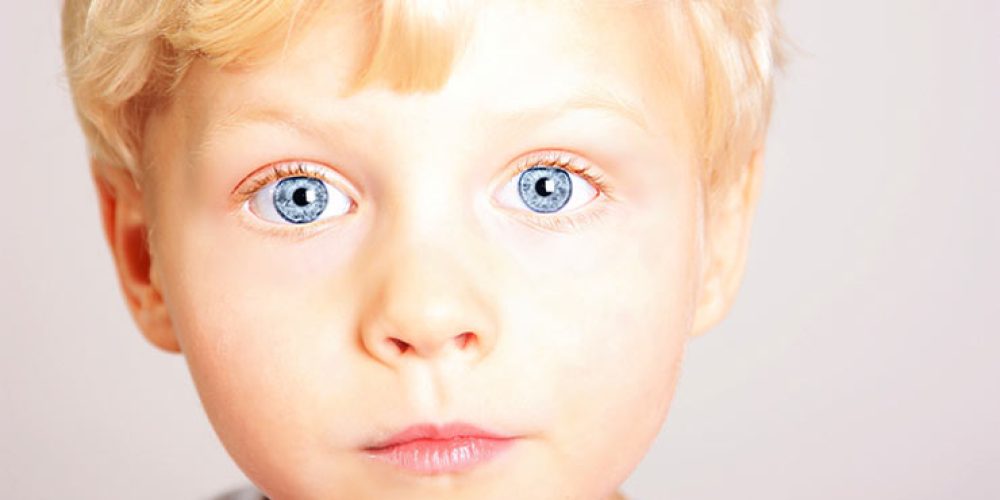Child is a multi-purpose term: it designates a person, an age of life and a role (an institutionalized role such as parent, grandfather, grandmother, uncle, aunt, reacher, …).
The infant is born immature, he cannot survive without the care of others in feeding him, nursing him and providing him with the love they feel for him through the way they look at him and their gestures. It is also by giving permissions as well as enforcing structuring & tutoring limits. The absence of all this can lead the child to death.
While immature as a little person, the child has the complete emotional arsenal, he learns and understands fast (except in case of neurological deficiencies) and is desperately looking for belonging to his human environment, first of all his family.
If he is unconditionally accepted, he can then blossom and invest his entire energy into growing up. If not, rest assure he perfectly feels and understands if he was not desired, if he came in excessive number, not in the expected sex or/and not at the right time.
He also vaguely feels the unsaid sufferings/shames of the system he belongs to (his family in a broader sense) such as family secrets. He feels their weight, yet not knowing the content of the secret(s).
So he can translate this weight into some behavior or react psychosomatically to what the others don’t say as a desperate attempt to relieve those who count for him.
The therapist is there to help him through the mediation of games (drawings, role plays with teddy bears, …) and imaginary (stories, tales, …) in order for him to move ahead towards the expression and liberation.
If the child is the spokesperson of the sufferings of his environment, parents have an important role to play as the child cannot act upon these sufferings by himself.
Family sessions are in this case very useful for the entire family.
High Potential Children (Gifted Children)
These children are more sensitive than others and therefore receive more sensory information, and faster, with an overstimulation risk.
Their suffering comes then from being different than the others (understanding faster than anyone else, being more sensitive …) with the risk of being rejected by their groups. Another risk is about getting bored at school, and fail because of it.
So it’s about helping them towards self-acceptance and view their specificity as a richness rather than a burden and belong (to their groups) while being different. Then they’ll find their right balance between stimulation and relaxation.
- Children sessions last for 45mn.

